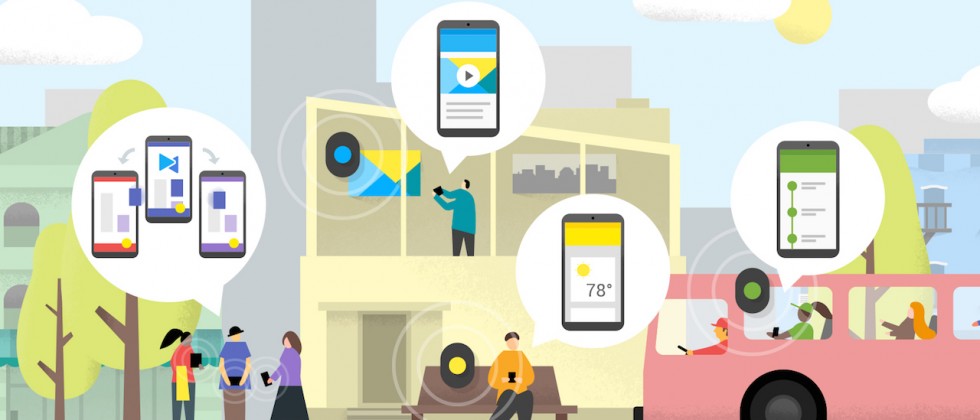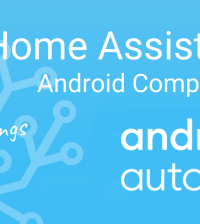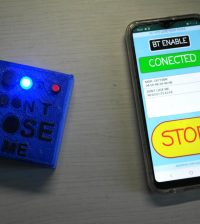- How to Adjust X and Y Axis Scale in Arduino Serial Plotter (No Extra Software Needed)Posted 7 months ago
- Elettronici Entusiasti: Inspiring Makers at Maker Faire Rome 2024Posted 7 months ago
- makeITcircular 2024 content launched – Part of Maker Faire Rome 2024Posted 9 months ago
- Application For Maker Faire Rome 2024: Deadline June 20thPosted 11 months ago
- Building a 3D Digital Clock with ArduinoPosted 1 year ago
- Creating a controller for Minecraft with realistic body movements using ArduinoPosted 1 year ago
- Snowflake with ArduinoPosted 1 year ago
- Holographic Christmas TreePosted 1 year ago
- Segstick: Build Your Own Self-Balancing Vehicle in Just 2 Days with ArduinoPosted 1 year ago
- ZSWatch: An Open-Source Smartwatch Project Based on the Zephyr Operating SystemPosted 1 year ago
Google Eddystone open-source Bluetooth beacons platform
Google has launched Eddystone, a new open-source Bluetooth LE beacon platform which plays nicely with iOS, Android, and other OSes. Aiming to power a new age of location-based services, as well as give those responsible for managing a flock of Bluetooth beacons the tools to make sure they’re working properly, Eddystone arrives with two main features: telling mobile devices exactly where they are and what’s nearby, and linking a physical location with online data.
Eddysstone core is made by two main pillars: the Nearby API, available for Android and iOS that it will allow apps to spot nearby beacons and figure out some sort of environmental context, whether that be what bus stop is close by, or which store you’re walking past.
The second, Google’s Proximity Beacon API, will connect a semantic location – a place in physical space – with related data stored in the cloud. Google says that its own, existing location APIs – such as the Places API – will be progressively upgraded to integrate the Proximity Beacon API.
Google will not compete with a dedicated open source hardware, it will rather work on a certification programme to help other Beacon chips producers (Estimote, Bluvision, Signal360) to be 100% compatible with.
Another really interesting concept introduced is related to Ephemeral ID, a random and frequently changing ID that only a device with the right key can decypher the real ID sent. This is to allow a better security to the mutual identification process between two BLE4.0 devices.
Google clearly isn’t the only company working on beacon technology: Apple’s iBeacon has already rolled out in Apple Stores, while Gimbal has been showing up in multiple places like the Super Bowl. Most recently, in June, Facebook offered businesses free Bluetooth beacons of its own.
Source: Google Eddystone open-source Bluetooth beacons revealed
















